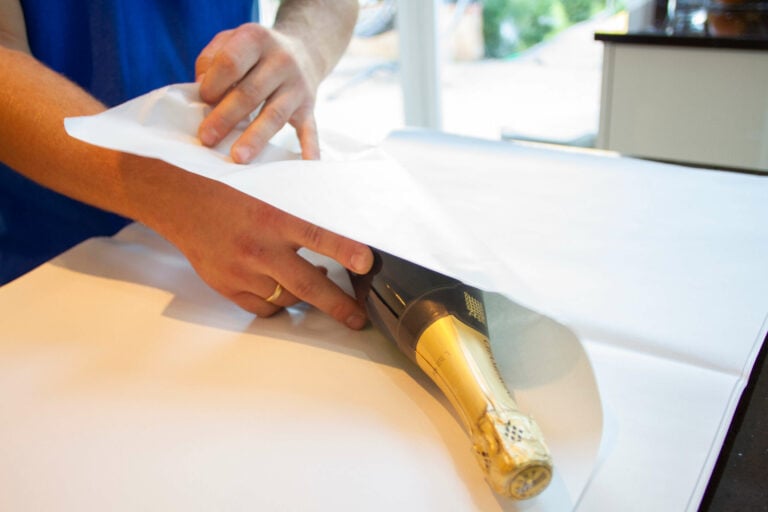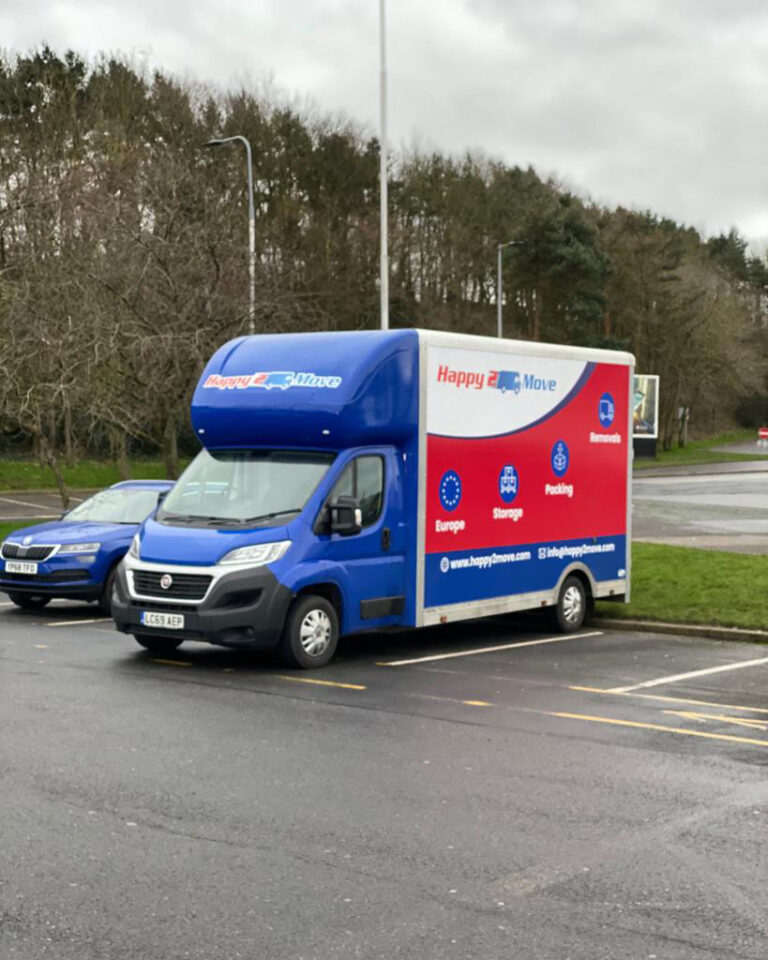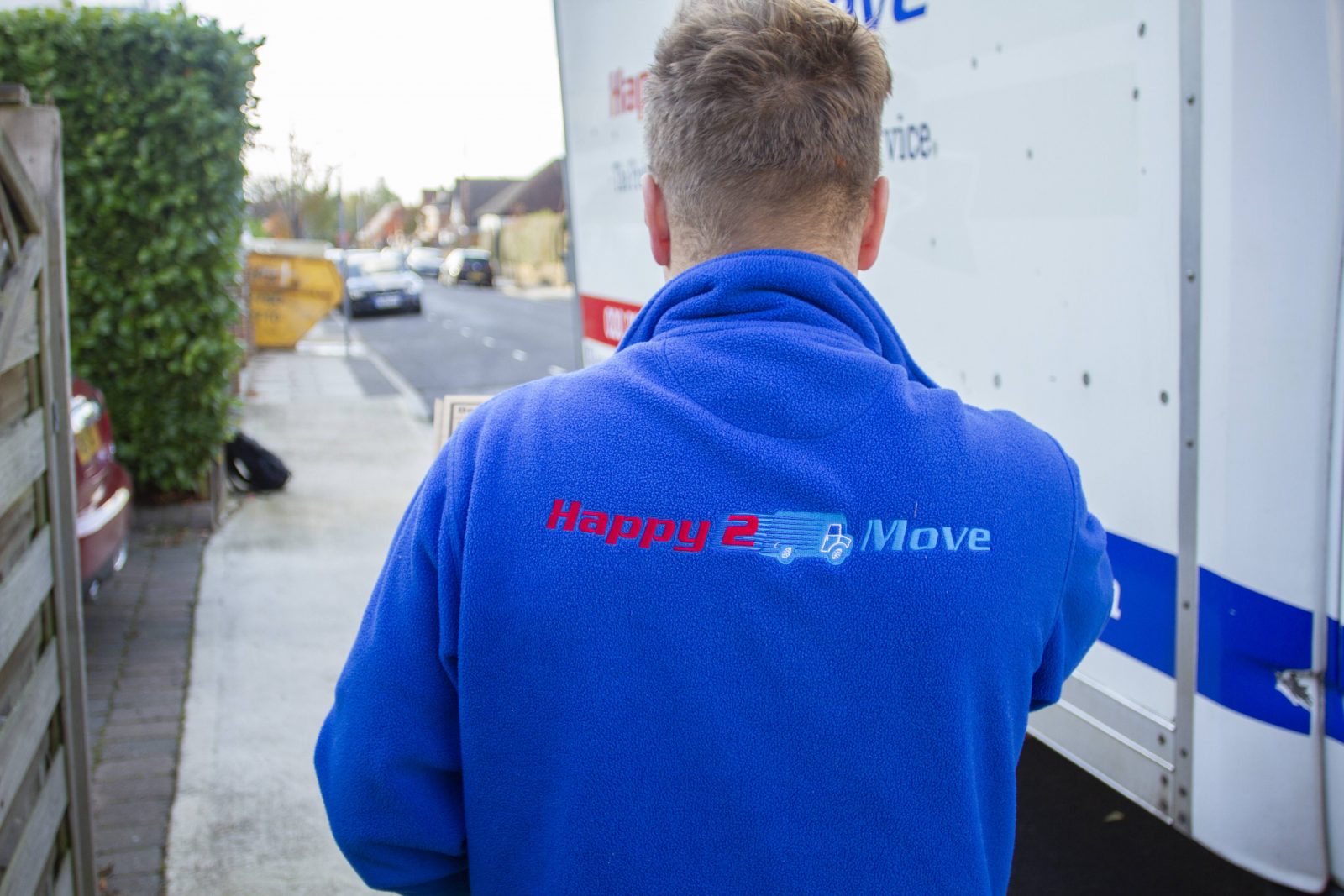
Buying your first home is a major life milestone, and getting on the property ladder is the dream of families and individuals across the UK.
Finding your perfect first home and having an offer accepted is exciting, but the process of securing a mortgage can be daunting if you’ve never been through it before.
At Happy2Move we’ve helped hundreds of first-time home buyers in London move into their first home, but before you get to the stage of packing boxes, what should you be aware of? Read on to discover some key mortgage advice for first-time buyers.
Start Saving Early
The size of your deposit will make a big difference when trying to secure a mortgage, and the more you can put down initially the lower your interest rate and monthly repayments will be. That’s why it’s so important to start saving as early as possible.
Note that the minimum deposit you’ll need is 5%, which means if you’ve saved £10,000 for example, you’ll be able to buy a £200,000 property. However, your total combined salaries will also determine how much you can borrow.
Building Your Deposit
There are a number of ways you can start building your deposit, but the most important thing is to commit to a monthly amount and mentally ‘ring fence’ it so you don’t spend it on other things. You’ll still want to do the things you enjoy while you save for your deposit, but make sure you’re budgeting for those activities separate from your deposit savings.
Lifetime ISAs (LISAs) are also an option for first-time buyers. LISAs can be opened by anyone aged between 18 and 39, and you can use them to save up to £4,000 per year to go towards a first home costing up to £450,000. Although a relatively small annual savings amount, the government will add an additional £1,000 on top, representing a 25% interest rate. If you’re a couple both putting £4,000 per year into a LISA, it would take three years to save a 10% deposit based on the average UK house price (~£300,000).
If you can save more than this then you can still do so, for example by paying into a standard ISA or fixed-rate savings bond, but it’s worth taking advantage of a LISA for the first £4,000 you can save each year.
Get a Mortgage in Principle
A mortgage in principle, also known as a Decision in Principle (DIP), Agreement in Principle (AIP) or mortgage promise, is a statement from a lender saying that they’ll lend you a certain amount of money before you’ve finalised the purchase of a property.
This isn’t a requirement in order to get an offer accepted or to secure a mortgage (unless you’re buying property in Scotland), but it will demonstrate to the vendor you can afford the property, and might help if they have multiple offers to choose from. They will also help you to understand the value of the property you can afford if you’re still viewing.
Note that a mortgage in principle isn’t a guarantee, and the lender may choose to change the terms of the mortgage, or not grant you the mortgage once more thorough checks have been carried out.
Avoid New Debt
If you’re in the process of viewing homes and hope to make an offer in the near future, avoid taking on significant new debt. Any outstanding debt against your name(s) will be taken into consideration when a lender is reviewing a mortgage application.
Understand All Costs
It’s important to remember that the value of the property itself isn’t the only cost you’re going to have to cover.
You’ll normally need a solicitor or licensed conveyancer to carry out all the legal work, and this will typically range from £850 to £1,500, but it can be higher depending on the complexity of the purchase. Although not a legal requirement, it’s also strongly recommended that you get a property survey, and these can cost anywhere between £300 and £600 depending on the scope of the survey undertaken.
You might also be liable to pay some stamp duty (tax) on the property purchase, but as a first-time buyer this will only be due on every pound over £425,000, and the value of the property on which first time buyers can claim relief is £625,000.
Credit Score Essentials
Your credit score will determine how good a mortgage deal you can secure, and a particularly bad credit score might stop you getting a mortgage altogether, so it’s important for first-time buyers to maximise their credit score before purchasing a property.
You can check your credit score for free from a number of providers, and if it’s low you can give it a boost, although it’s not necessarily a quick fix.
One of the easiest ways to improve it is to get on the electoral roll if you’re not already. Counterintuitively, taking out a credit card and spending on it each month is also a way to boost your credit score as it shows lenders you can borrow responsibly, but if you’re hoping to apply for a mortgage in the near future it’s even more important to make sure you don’t miss a payment or pay late.
Key Documentation
There are a number of documents you’ll require when purchasing a property, including:
- ID to prove you are who you say you are, such as a passport or driving licence.
- Proof of current address.
- Proof of funds, showing that you have the amount of deposit that you claim to have. If this deposit is spread across multiple bank and savings accounts you’ll need to show statements for each one.
- Proof of income, such as payslips or tax returns.
- If you’re being gifted money from a friend or relative they will also need to provide bank statements to prove where that money has come from.
Explore Mortgage Options

When applying for a mortgage you’ll have a few options available to you, including:
- Mortgage term length
- Fixed-rate versus variable-rate
- Repayment versus interest-only
- Shared Ownership
Mortgage term length
When applying for a mortgage you’ll have to decide how long a period you want to repay, and typically this will be 25 years, although as house prices have risen it isn’t uncommon for mortgage lengths to be 30 or even 40 years. The longer the repayment period the less you’ll pay each month, but ultimately you’ll end up paying much more in interest.
You will also have to choose for how long you want to sign up to the interest rate you’re offered. For example, when interest rates are low you’ll probably want to opt for a five year agreement, while if they’re high you might consider choosing a one or two year agreement in the hope that interest rates come down. Note that the agreement length will also affect the rate you’re offered.
Fixed-Rate Mortgages
A fixed-rate mortgage guarantees a certain interest rate for the agreement length, no matter what happens to interest rates nationally.
Variable-Rate Mortgages
By contrast, variable-rate mortgages can be subject to change, based on what’s happening to interest rates in the wider economy. For example, if the Bank of England increases or decreases the base rate, this will likely be reflected in the interest rate on your mortgage.
Shared Ownership
Shared ownership is a government-backed scheme to help first-time buyers get on the property ladder, allowing people to purchase between 10% and 75% of a property, while a local housing association or property developer owns the rest. This means you won’t require as large a deposit, while you can also take out a smaller mortgage on the rest of your share. However, you will have to pay rent on the part of the property you don’t own.
For example, you can buy a 25% stake in a £160,000 flat for £40,000, meaning you’d need just £4,000 for a 10% deposit, with a £36,000 mortgage on the rest. Typically, you’ll be able to gradually increase the percentage of the property you own over time (known as ‘staircasing’), although some schemes have time restrictions.
Work with a Mortgage Advisor
The best thing you can do as a first-time buyer is to seek the services of a mortgage advisor.
They won’t charge for their services as they get paid by the lender for referring them, and they’ll help you to understand all of your options and give advice on what’s best based on your specific circumstances. They’ll be able to compare lenders for you and help you to secure the best rates, meaning you don’t have to trawl through different lenders and compare offers yourself.
Trust Happy2Move
Once you’ve had a mortgage application accepted for your first time it’s time to start planning your move, and here at Happy2Move we’ve got an exceptional reputation for safe, secure and reliable house removals in London.
There’s a lot to deal with ahead of moving into your first home, so why add the actual logistics to that list when you don’t have to? Contact us now to request a quick quote, or simply ask us a question and our experienced team will be happy to help.










